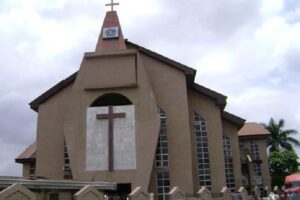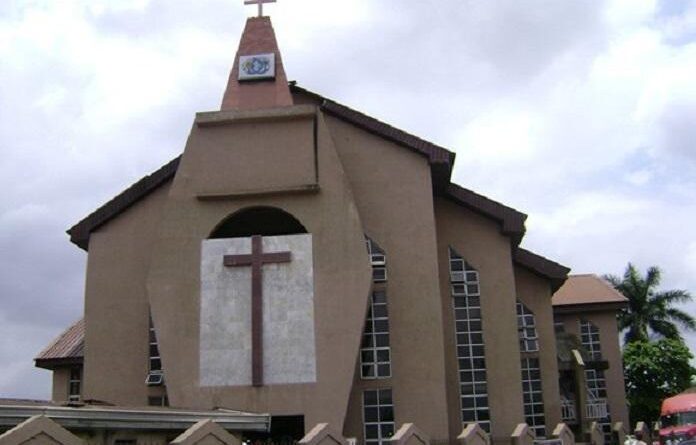Faith and Wealth: The Nigerian Church in Global Perspective

Faith and Wealth: The Nigerian Church in Global Perspective
The global conversation about wealth in the church is not new. Recently, attention shifted again to Nigeria after claims that five of the world’s ten richest pastors are Nigerians. At the same time, no Nigerian church appears on the list of the world’s wealthiest churches. For many, that raises difficult questions.
The World Council of Churches has often been cited in these comparisons, but critics argue that the figures are misleading. For example, the Catholic Church remains the wealthiest religious institution in the world, yet the Pope does not own a private jet. Instead, he travels with Alitalia, and each papal trip costs tens of millions of dollars. Analysts estimate that the cost of these trips in a single year could purchase multiple private jets. The difference, however, is that once the journey ends, the money is gone. A jet, on the other hand, can last decades if well maintained.
In Nigeria, the debate focuses on the names of prominent pastors linked to wealth rankings. Yet many of those lists, including the one often cited by Forbes in 2011, are outdated and problematic. Some pastors mentioned have passed away, while others are still tied to figures that blur the line between the church’s assets and their personal wealth.
ALSO READ: Garba’s Bold Push to Transform Basic Education in Nigeria
This raises a key question: are critics evaluating the personal finances of pastors or the collective wealth of their congregations? When universities, auditoriums, or aircraft registered under church ownership are listed as personal property, it creates a distorted narrative. By that logic, Redemption City would be counted as Pastor Adeboye’s private estate, or the LoveWorld Arena as Pastor Chris Oyakhilome’s personal hall an argument that does not stand up to scrutiny.
Even if we assume the numbers once reported were accurate, the combined net worth of Nigerian pastors falls far below the financial dealings of global church institutions. The alleged $290 million net worth of five Nigerian pastors barely matches what the Vatican spends on papal travel in a single year. More telling is the Vatican’s own admission of financial mismanagement. In one case, a real estate investment deal in London led to a staggering loss of about $170 million. Such figures dwarf the wealth attributed to Nigerian church leaders, yet the scandals often remain shielded from public outrage.
Nigeria remains one of the fastest-growing centers of Christianity in the world. Churches founded in the country, such as Living Faith, Christ Embassy, MFM, and Deeper Life, continue to expand globally. Few living church founders outside Nigeria can claim such rapid growth and global reach.
The deeper issue, however, is not whether pastors or churches are wealthy. Scripture records that Abraham was blessed with abundance, both in cattle and in gold. The question is how that wealth is perceived and managed. While critics see private jets or vast auditoriums as signs of excess, church leaders defend them as tools for ministry.
At its heart, the debate reflects two contrasting views of faith and finance. One side demands accountability and transparency. The other insists that the church answers only to God
Content Credit: Moyosola Oni
Image Content: Google Search .Com




